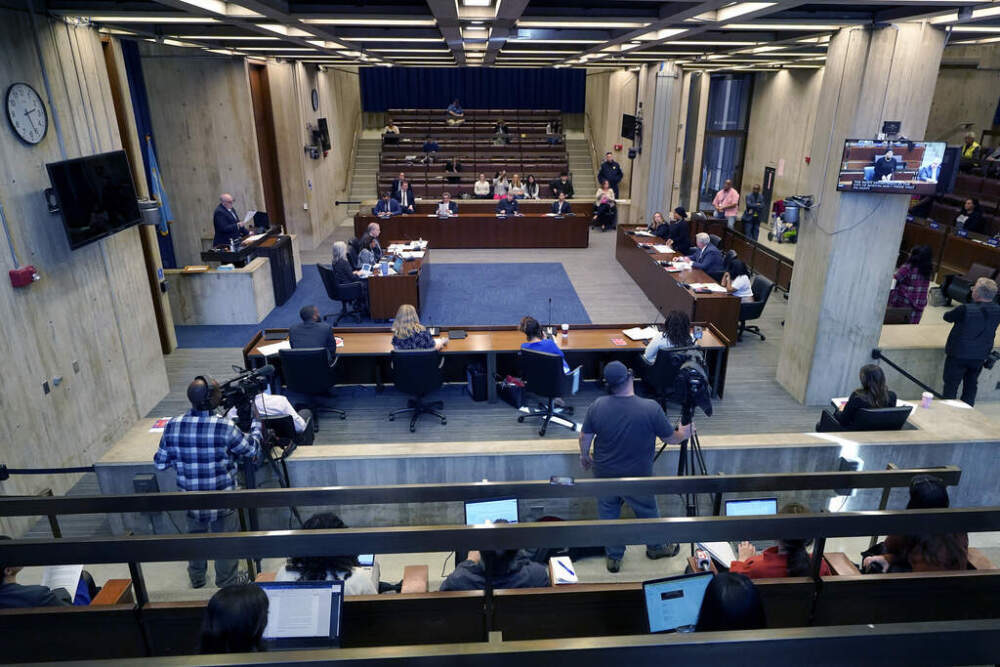Pretty simple. You rank your choices.
How is that hard?
I think what is hard to explain is how you determine who wins. Most people understand that in “old school” voting the one with the most votes wins. With ranked choice, how does it handle multiple people with very different rankings. Its easy to say “the one that most people preferred” or “instant runoff” but explaining how that is calculated is not easy. I am very much for ranked choice, and I was devastated when it lost the vote, but it’s biggest hurdle is comprehension, and that is something for FUD’lers to prey on.
Probably more of an implementation question than anything else. Though irv has a ton of other problems with it that make it non-ideal anyway.
Can we talk about RCV just one fucking time without someone mentioning “it has a ton of problems”, as if that makes it worse than FPTP? Because I honestly struggle to think of a single thing FPTP is better at than RCV.
Don’t let perfection be the enemy of good (or more accurately, meaningful incremental improvement).
Agreed. It is harder to explain, but better in every other way. Not much of a down side in my book.
I expand on what I meant in the below comment if you want to read it.
Sorry, I didn’t mean to imply it’s worse than Plurality, as it’s not. But if we’re going to change voting systems then it’s only ever going to happen once. If we fuck it up it ain’t happening again, and we’ve already fucked up IRV/RCV in several locales in the US. We need to switch to something that has almost 0 problems, like 3-2-1 or STAR voting. You’re going to have to explain it to the populace anyway. Better to get something that’s almost perfect rather than something that people will hate because it’s change and because it spoils elections. See this article on how IRV does that. https://electionscience.org/library/irv-degrades-to-plurality/
Notably, that Center for Election Science is the one that has shown that 3-2-1 or STAR are technically the best, but they actually advocate for Approval Voting, rather than those two. https://electionscience.org/approval-voting-faqs/
Funnily enough MIT says that IRV/RCV doesn’t provide a lot of the benefits that supporters say it should. https://electionlab.mit.edu/articles/effect-ranked-choice-voting-maine
deleted by creator


